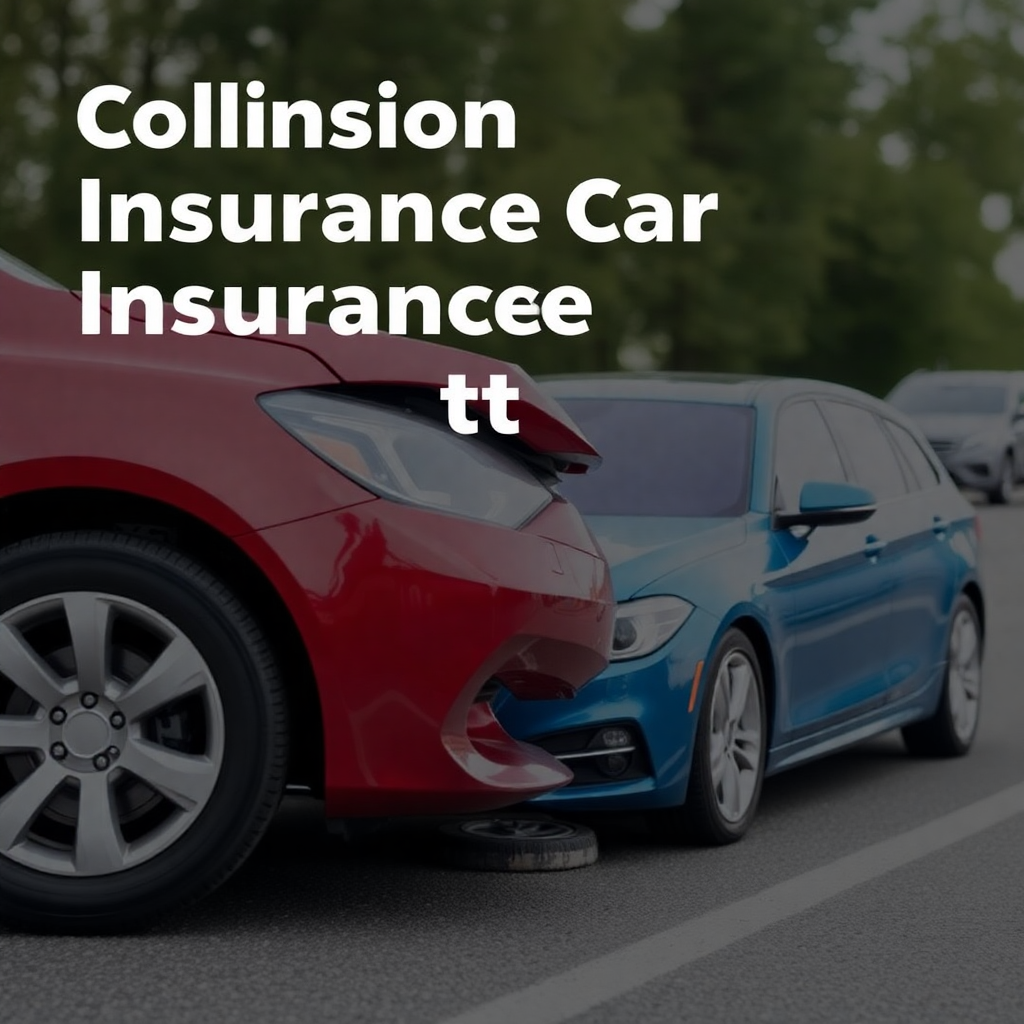Have you ever wondered if collision car insurance is worth the price? It’s a question that every car owner has likely asked at some point. This type of insurance is designed to protect you financially in case your car gets damaged during a collision. But is the peace of mind it offers worth the cost? Let’s dive into the details to find out.
Understanding Collision Car Insurance
Definition and Coverage
Collision car insurance covers damage to your vehicle resulting from a collision with another car or object, like a tree or guardrail. For example, if you back into a pole or another driver runs a red light and crashes into you, collision insurance steps in to cover repair or replacement costs.
Exclusions of Collision Insurance
However, not everything is covered. Collision insurance doesn’t pay for damage caused by theft, vandalism, or natural disasters—that’s where comprehensive coverage comes in. It also won’t cover injuries or medical expenses, which are part of liability or personal injury protection insurance.
Cost of Collision Car Insurance
Factors That Affect Premiums
Several factors influence the cost of collision insurance:
- Your driving record: Accidents or violations can drive up premiums.
- The value of your car: More expensive vehicles mean higher premiums.
- Where you live: Urban areas often have higher rates due to increased accident risks.
Average Costs Nationwide
On average, collision insurance costs around $290 annually in the U.S., but rates vary depending on your state and vehicle type. For example, insuring a luxury car in California might cost significantly more than a compact car in a rural area.
Pros and Cons of Collision Car Insurance
Benefits of Having Collision Insurance
One of the biggest advantages is financial protection. Accidents happen, and repair costs can quickly escalate. Collision insurance ensures you’re not left with a hefty bill. Plus, it provides peace of mind, knowing that you’re covered in unforeseen situations.
Downsides to Consider
On the flip side, collision insurance might not be cost-effective for older vehicles. If the cost of premiums outweighs the car’s value, it might be time to reconsider. Additionally, high deductibles can make filing smaller claims less worthwhile.
Is Collision Insurance Required?
Legal Requirements
Unlike liability insurance, collision coverage isn’t legally required in most states. However, it’s often a smart addition to your policy.
Lender and Lease Obligations
If you’re financing or leasing your car, your lender likely requires collision insurance to protect their investment.
Scenarios to Help You Decide
New vs. Old Cars
If your car is brand new or has a high market value, collision insurance is usually a wise investment. For older vehicles with low value, the premiums might not be worth it.
Your Driving History and Risk
If you’re accident-prone or live in an area with high traffic risks, collision insurance can provide valuable coverage.
Calculating the Value of Collision Insurance
Assessing Your Vehicle’s Value
Start by checking your car’s market value. If it’s significantly depreciated, paying for collision insurance might not make sense.
Comparing Costs and Potential Payouts
Consider the premiums you’ll pay versus the repair costs. If your car is only worth a few thousand dollars, skipping collision coverage might save you money in the long run.
Alternatives to Collision Car Insurance
Comprehensive Insurance
Comprehensive insurance covers non-collision-related damages, such as theft or weather-related incidents. It’s worth considering alongside or instead of collision insurance.
Emergency Funds for Self-Insurance
Another option is setting aside money for potential repairs. This approach works best for those with older cars and a lower likelihood of accidents.
Steps to Lower Collision Insurance Costs
Bundling Policies
Combine your auto insurance with other policies, like home or renter’s insurance, to score discounts.
Choosing Higher Deductibles
Opting for a higher deductible can lower your premiums. Just ensure you can afford to pay the deductible out of pocket if needed.
Conclusion
Collision car insurance can be a lifesaver in the right situations, but it’s not always necessary. By evaluating your car’s value, your driving history, and your financial situation, you can make an informed decision. Remember, it’s all about balancing cost with coverage to find what works best for you.
FAQs
- What is the main difference between collision and comprehensive insurance?
Collision insurance covers damage from accidents, while comprehensive covers non-collision events like theft or natural disasters. - Can I cancel collision coverage anytime?
Yes, you can cancel it anytime, but ensure you’re not violating any lender requirements. - Is collision insurance worth it for a leased car?
Absolutely, as most leasing companies require it. - How do I calculate the deductible I should choose?
Consider your savings. Higher deductibles mean lower premiums but higher out-of-pocket costs during claims. - Are there specific situations where collision insurance isn’t necessary?
Yes, if your car has low market value, the premiums may not justify the coverage.
